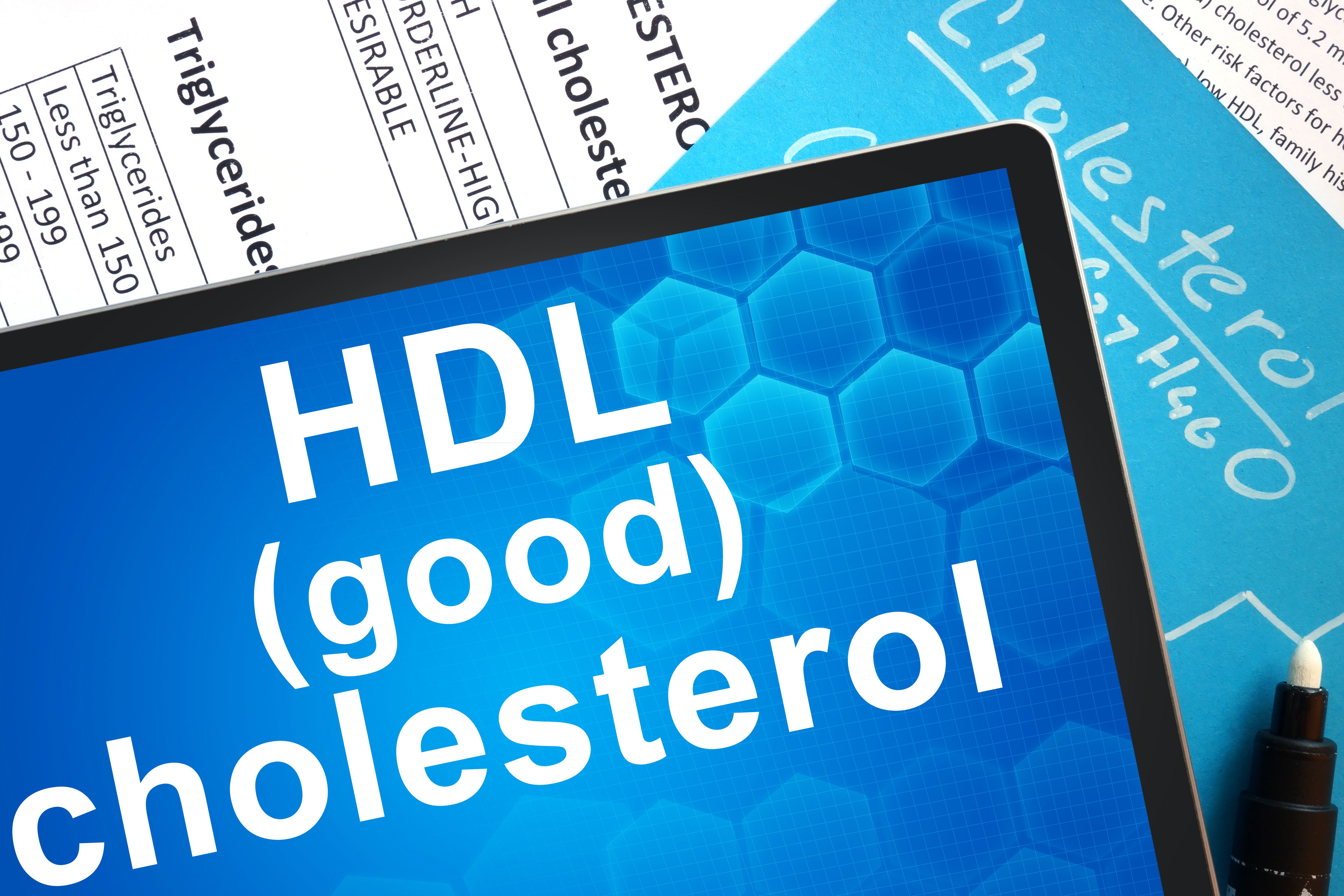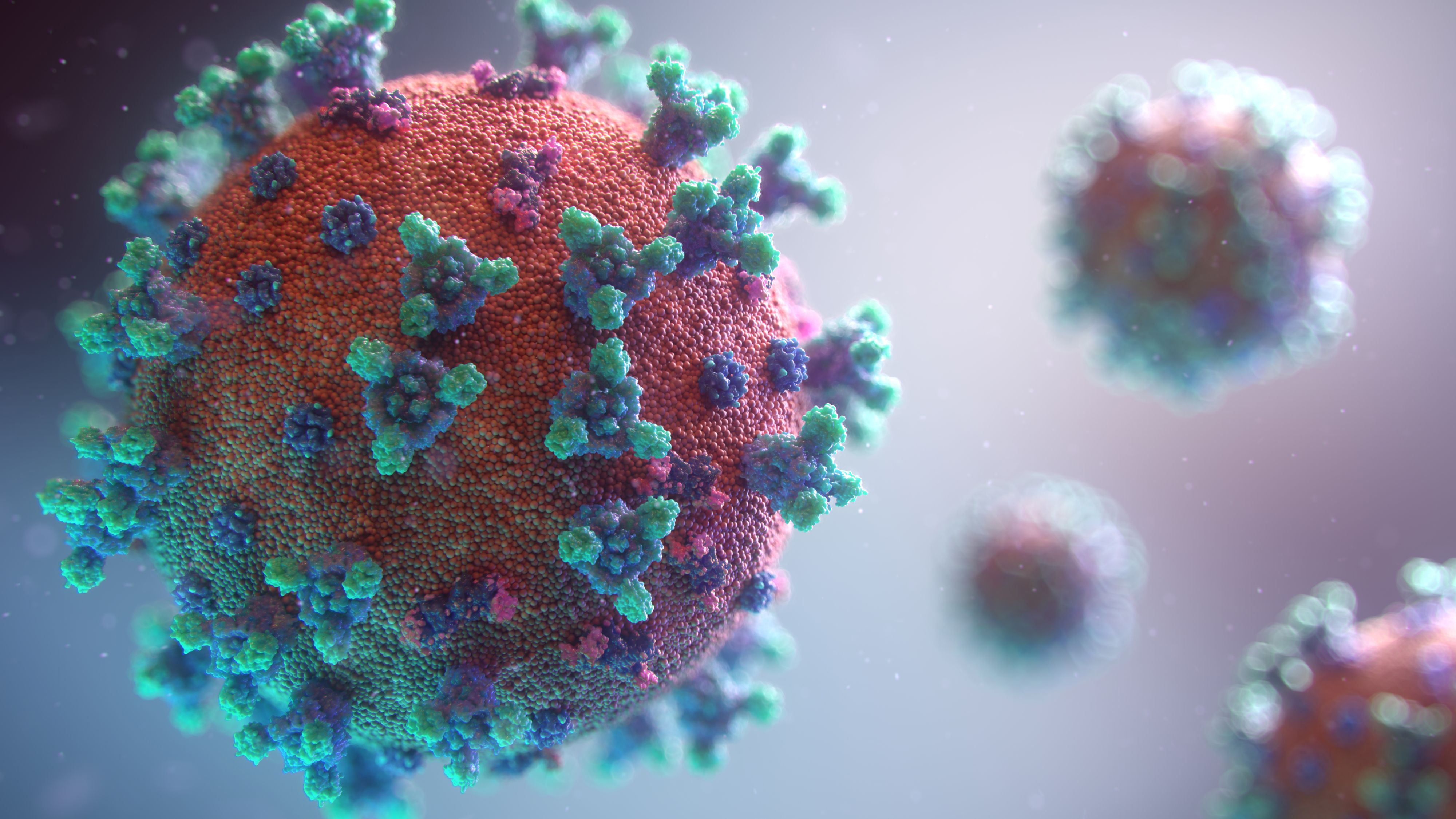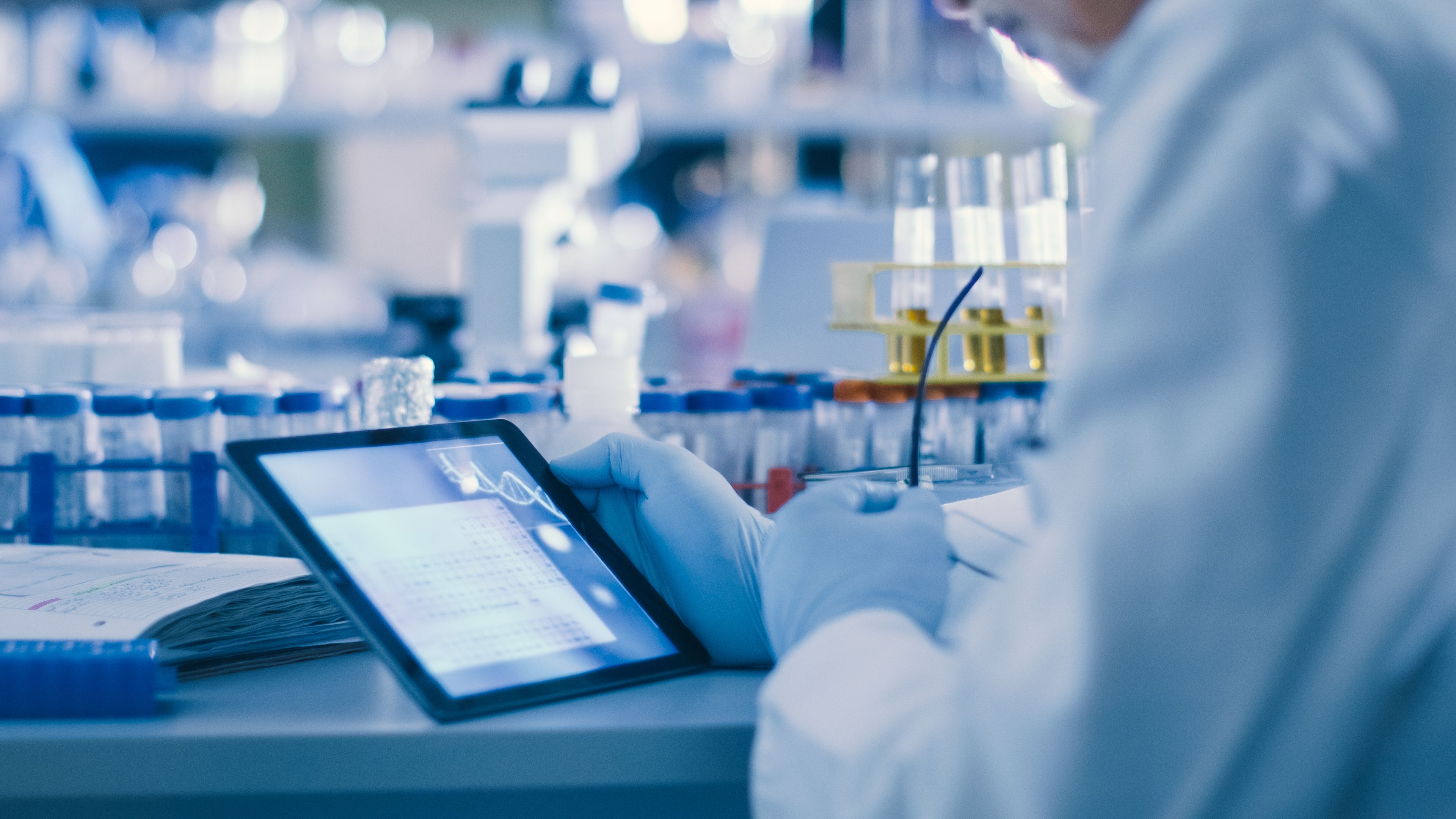
Patients suffering from severe coronavirus symptoms have been found to have one thing in common in terms of bloodwork, and it’s all about a specific blood lipid involved in cholesterol. According to a study that looked into lipoprotein levels in people diagnosed with COVID-19, severe cases of the respiratory illness have been linked to low high-density lipoproteins.
Just like their name suggests, lipoproteins are substances made of protein and fat that carry cholesterol through your bloodstream. These are found both in high-density lipoprotein (HDL) cholesterol — the "good" variant that removes extra cholesterol from arteries and carries it to the liver, which expels it from the body — and in low-density lipoprotein (LDL) cholesterol, or the "bad" variant that leads to cholesterol and plaque buildup in the arteries.
The Importance Of HDL Cholesterol In Infection

Aside from preventing clogged arteries, HDL cholesterol has a series of other important functions in the body. High-density lipoproteins also have potent anti-inflammatory and antioxidant properties and are, therefore, believed to play a vital role in fighting infection.
Since COVID-19, which is caused by the infection with the SARS-CoV-2 virus, is believed to affect the metabolism of lipids in the body, the researchers wanted to see if there was any correlation between high-density lipoproteins and the prognosis of COVID-19 patients.
"The protective effect of HDL-C [HDL cholesterol] in bacterial infection is relatively definite," the authors wrote in their paper, indicating that high-density lipoproteins have been shown to reduce inflammation, decrease bacterial count, attenuate organ injury and improve survival in different experimental septic models.
This "greatly encouraged the application of HDL in sepsis treatment," said the authors, who set out to examine the role of HDL cholesterol in viral infections.
What The Study Found About HDL Cholesterol

The research, conducted by scientists from the Central South University in Changsha, China, examined medical data from 228 adult COVID-19 patients while using 1.140 healthy volunteers with matched age and gender as a control group.
The team, lead by Guyi Wang of the Department of Critical Care Medicine at the Second Xiangya Hospital, looked at the patients’ coronavirus symptoms severity and progression, as well as any hospitalization records such as first lab results, lung CT scans, and virus shedding time (the time elapsed between the onset of the disease and the first negative lab results).
Bloodwork data revealed that all COVID-19 patients had lower levels of total cholesterol, triglyceride, LDL-C, and HDL-C compared to healthy volunteers. At the same time, the only difference between people with severe symptoms and non-severe coronavirus patients was their high-density lipoprotein level: the first group exhibited low HDL-C levels, while the second one had high HDL-C.
This "suggested that low HDL-C may be correlated with [the] severity of COVID-19 patients," the authors wrote in their paper.
High Vs. Low HDL Cholesterol Level In COVID-19 Patients

Upon further analyzing the implications of high-density lipoprotein levels for COVID-19 patients, the scientists uncovered that people with low HDL-C had a higher risk of developing severe symptoms — 36.96 percent versus just 14.84 percent for those with high HDL-C.
"Further regression analysis also revealed that low HDL-C was an independent risk factor for severe events in COVID-19," wrote the study authors, who noted that these severe events were diagnosed based on oxygen saturation, respiratory rate, the progression of pulmonary lesions, the need for mechanical ventilation, and admittance to the intensive care unit.
"Hence, HDL-C may serve in a protective role in COVID-19," the authors wrote in their paper, indicating that coronavirus patients with low HDL cholesterol levels "need proper monitoring and treatment as soon as possible to improve the outcomes."
HDL Cholesterol In Coronavirus Treatment

Based on these findings, the team suggests that "regulating lipoprotein metabolism may be the way forward for COVID-19 treatment in the future."
Past research also supports this hypothesis.
"Several studies showed infected patients, especially those with sepsis, always had a significant drop in HDL levels, but the reason for the decline in HDL level remained unanswered," wrote the study authors. "Previous studies also showed that septic patients with low HDL-C level showed higher mortality and other adverse clinical outcomes."
As the scientists explain, another thing that COVID-19 patients have in common, particularly those with severe symptoms, is excessive inflammation. However, high-density lipoproteins are "believed to have an inhibitory effect on inflammation," say the authors, who point out their study showed low HDL-C patients had higher levels of C-reactive protein (CRP) — a marker of inflammation.
As such, the team argues that raising HDL cholesterol levels, for example with the help of Omega-3 fatty acids, "may have a potential therapeutic effect in COVID-19 because of its anti-inflammatory properties."







